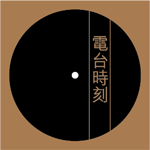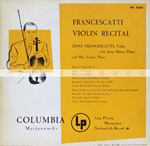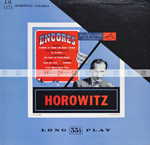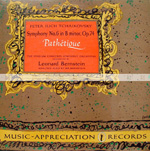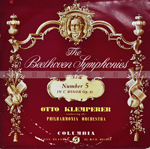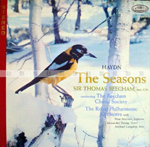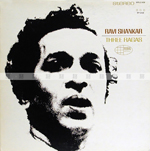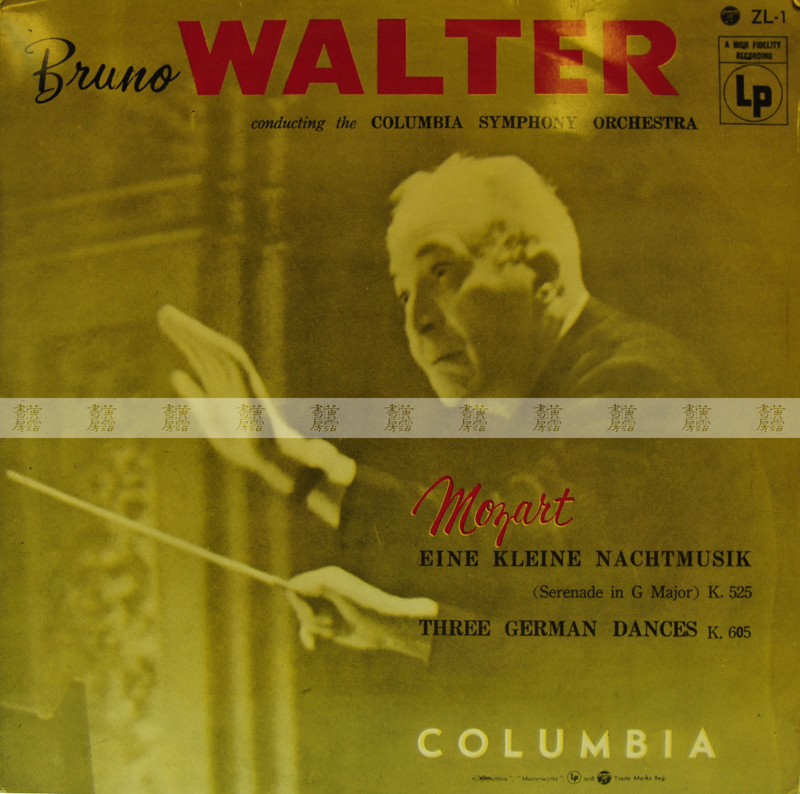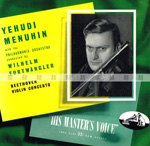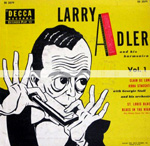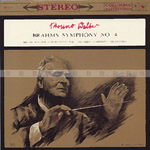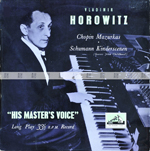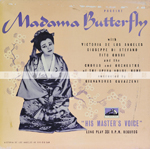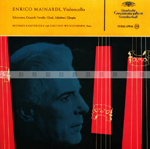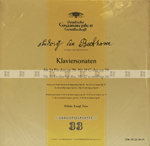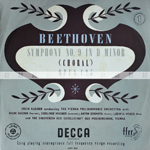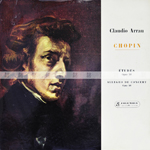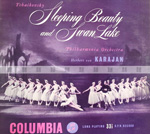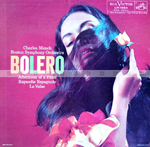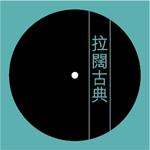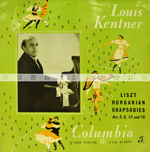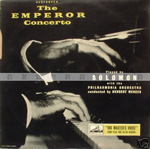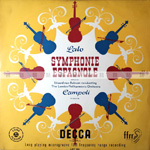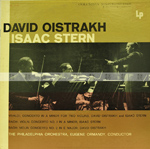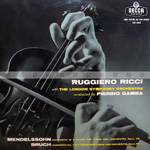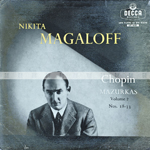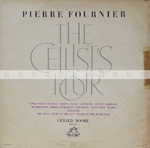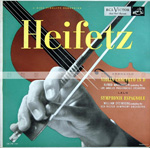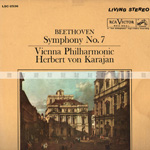Wong Jum-sum loved music of all kinds, and had a particularly deep-seated passion for Western classical music.
In the 1950s, both Wong and classical music were finding their feet in Hong Kong society. The best they could do was to openly embrace the unknown.
To embrace the unknown, one needs support from all directions.
Thanks to Radio Hong Kong, Wong was able to listen to enticing music all day everyday, in that process learning to appreciate simultaneously the distinctive worlds of Shankar and Schubert.
Thanks to Leung Yat-chiu, he knew classical music held no special mystical aura. Whatever sounded good was good music.
Thanks to Wong Jum-sum himself, he learnt to read and absorb the principles and practices of making music, no matter whether they came from Bach or Beethoven.
Thanks to Hong Kong of the 1950s, he encountered a succession of visiting maestros, extending immensely his ideas about music and life.
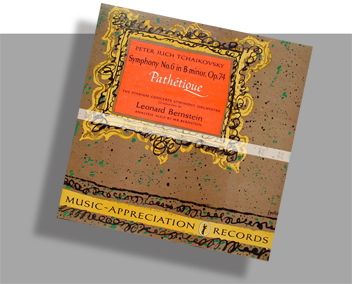
Bernstein figured significantly on Wong Jum-sum’s path to learning classical music.
Leonard Bernstein composed and conducted numerous works that made him America’s most famous music-maker. In addition, he was also an academic and great teacher, ever eager to pass on the passion and knowledge in music to the younger generation. His popular television program The Young People’s Concert, totalling 53 episodes since 1958, was generally regarded as the most influential music education program in history.
Wong Jum-sum was hooked on the program when young. And his music and life had not been the same since.

Composer: Pyotr Ilyich Tchaikovsky
Performers : Leonard Bernstein
conducting the New York Stadium
Symphony Orchestra
